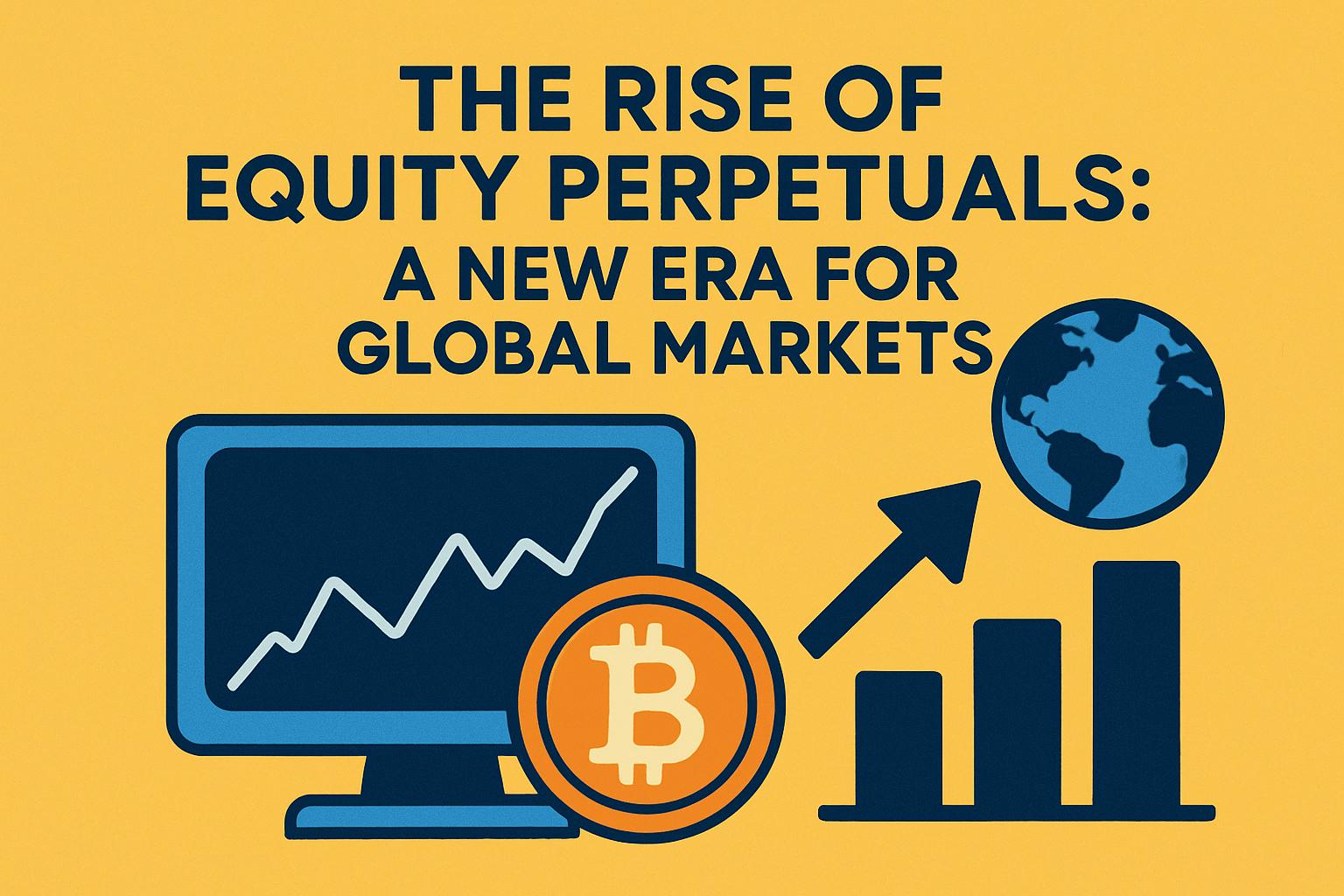In recent years, the world has witnessed a seismic shift in financial innovation, with decentralized finance (DeFi) platforms increasingly challenging traditional financial institutions. Hyperliquid, a trailblazer in on-chain trading, has made significant strides by launching equity perpetual contracts, a move that could transform how individuals engage with global stock indices.
Hyperliquid’s Vision: Democratizing Financial Access
Hyperliquid recently rolled out its equity perpetuals with the introduction of the XYZ100-USD index, essentially a proxy for the Nasdaq 100. This pioneering product offers crypto traders exposure to top U.S. tech giants like Tesla and Nvidia without the high costs associated with trademarks.
Forging a path towards accessible financial services, Hyperliquid aims to cater to millions of households that previously lacked stock market access. The platform’s contributor, @ThinkingUSD, highlights the growing demand for such innovative trading solutions, underscoring the increasing capabilities of DeFi to cater to retail investors.
The Financial Innovation Frontier
The launch of equity perpetuals is hailed by industry leaders like Guy Young of Ethena as the most bullish opportunity in finance today. The crypto derivatives market has already turned billions in assets into significant valuations, and expanding into stocks elevates the stakes exponentially.
According to José Maria Macedo from Delphi Labs, the potential reach of stock perpetuals extends from a $3 trillion crypto market to a staggering $120 trillion global stock market, signaling vast uncharted opportunities.
Risks and Challenges: A Balanced Perspective
However, the introduction of equity perpetuals is not without skepticism. Critics point to several risks, including tax inefficiencies compared to traditional stocks, absence of dividends for perpetual contract holders, and lack of regulatory safekeeping akin to traditional brokers.
Moreover, the platform’s ability to handle cross-session volatility remains a concern as trading shifts from tokenized assets to futures contracts throughout the day. Critics argue that equity perpetuals appeal more to speculative gamblers than to serious investors.
Despite these challenges, proponents argue that perpetuals provide a superior vehicle for leveraging market positions, an area where traditional options have fallen short.
Competition and Market Realities
The rivalry between Hyperliquid and platforms like Ostium is fierce, as both vie for the DeFi market share. While Hyperliquid offers leverage up to 20x on Nasdaq 100 contracts, Ostium pushes the envelope with 100x leverage, albeit with potential trade failures at lower slippage rates.
Trading volumes and open contracts highlight the burgeoning interest in these platforms, showcasing the world’s growing appetite for financial innovation.
Looking Forward: The Promise and The Hurdles
Hyperliquid’s success could redefine global capital markets by providing around-the-clock trading, blurring lines between weekdays and weekends for market analysts and fund managers. Yet, regulatory uncertainties, especially from bodies like the U.S. SEC, loom large over the decentralized landscape.
In conclusion, while equity perpetuals hold the promise of unlocking global capital market dynamism, achieving true transformative impact hinges on balancing liquidity, security, and regulatory compliance. The world watches as Hyperliquid leads this new financial frontier.

![[News] Bitcoin at a Turning Point? 10x Research Signals a Bullish Macro Shift Ahead](https://cryptoexplores.com/wp-content/uploads/2025/06/new20250616.jpg)
![[News] Binance Lists $HOME, the Gas-Free, Bridge-Free All-in-One DeFi App](https://cryptoexplores.com/wp-content/uploads/2025/06/news20250617.jpg)